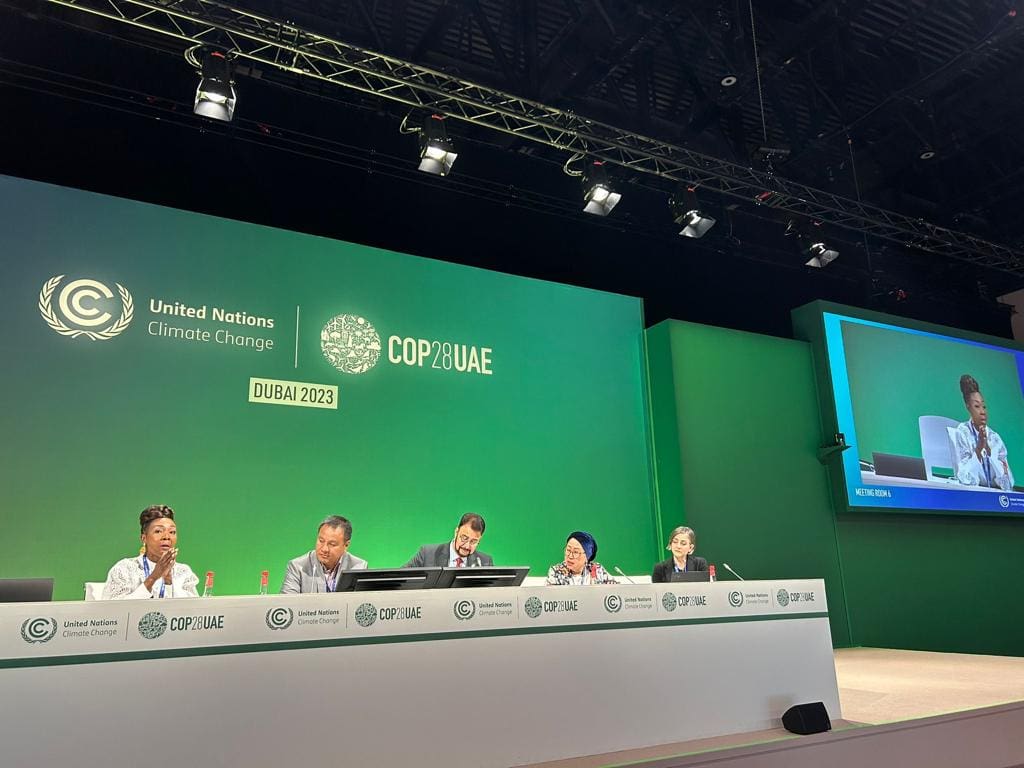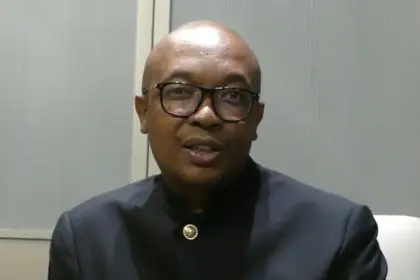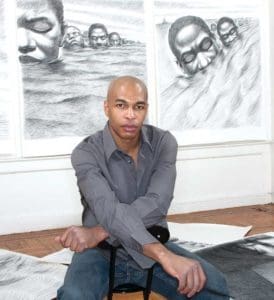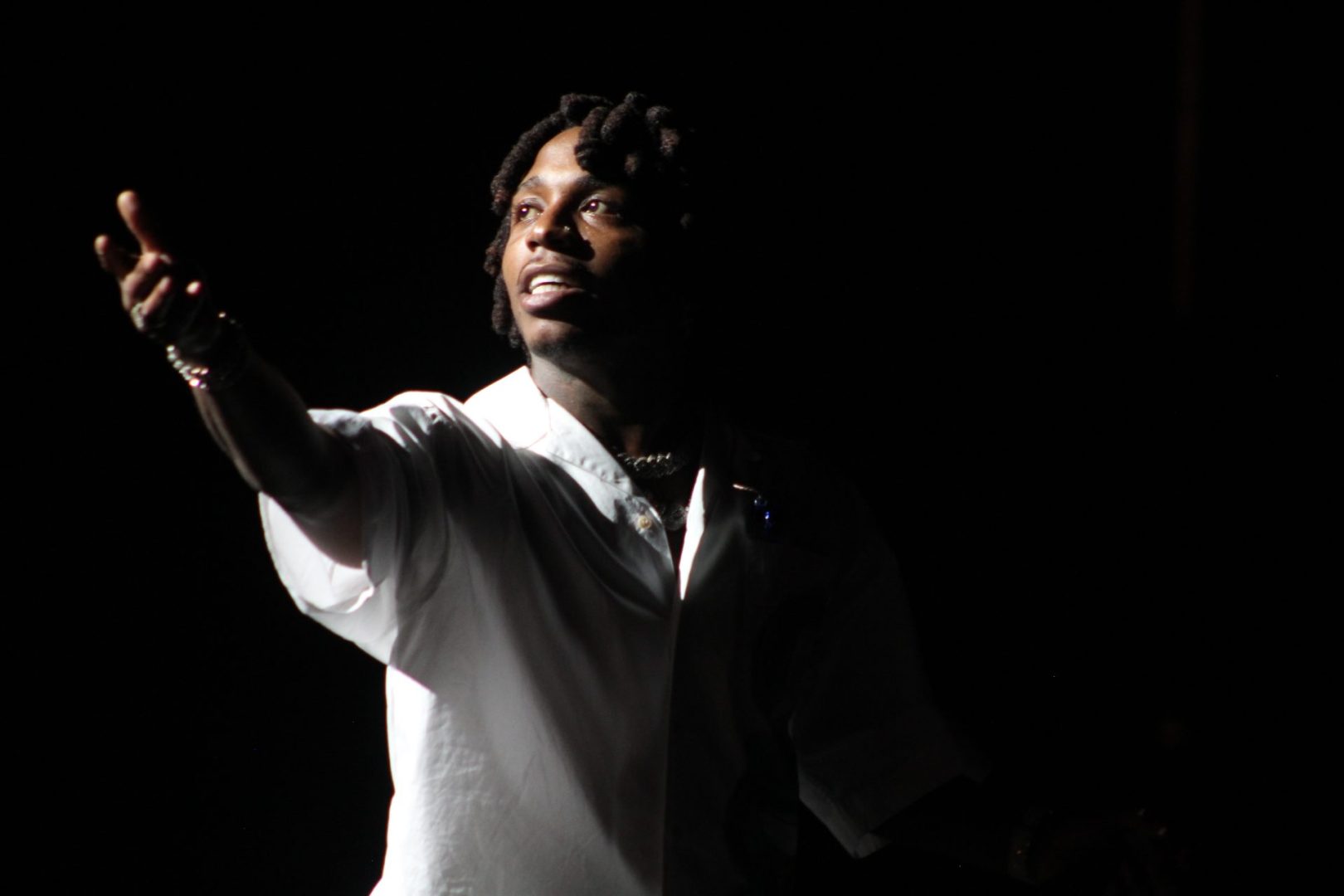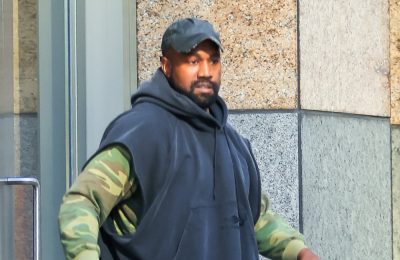A historic United Nations conference in Dubai this month saw international agreement to phase down the use of fossil fuels and the creation of a fund to help nations in the global south deal with that transition and to combat climate change.
Los Angeles-based health and women’s advocate Nathalie Beasnael was in the thick of it during the two-week conference. She is believed to be the first African American woman to both speak and moderate the same session at a COP summit not based in the United States.
“I am deeply honored to be a COP28 speaker and United Nations delegate at this historic event which saw a number of agreements and not least of which a $777 million agreement to combat the spread of tropical disease due to climate change,” Beasnael said.
COP stands for Conference of the Parties and first began in 1995 as high level diplomatic discussions to combat climate change. This year a historic agreement to reduce the use oil, gas, and coal for the first time ever.
“This COP was also important for the agreement on a Loss and Damage Fund which will help countries in Africa, the Caribbean and beyond mitigate the damage caused by climate change. The Global North and China are responsible for most of the emissions in the world and this fund is climate reparations,” Beasnael said.

Beasnael spoke and moderated on panels linked to health issues. Beasnael is the host an moderator of a number woman’s and health focused events in Los Angeles. She host an annual health focused gala dinner to benefit her charity work in Africa. She is the red carpet host and the international correspondence executive of Hollywood and African Prestigious Awards(HAPPA). Yet, with nearly 100,000 people attending COP28 in Dubai the event was on an entirely different level. A historic number of health profession including physicians, public health leaders were invited to attend this summit. Beasnael was one of them.
Beasnael supports directly hospitals and medical initiatives in her native Chad and across Africa. In her work she has directly seen how climate change impacts the health profession. A cousin who died had to be almost immediately buried preventing a proper funeral as the hospital’s morgue struggled to find electricity to keep the body cool. Hospitals she directly funds are directly impacted by climate change as rising temperatures make it difficult to store blood and medicines at the correct temperatures. Thousands are spent on air-conditioning which should be going to life-saving treatments instead.
Climate related health issues “have become one of the greatest threats to human health in the 21st century,” said COP28 President Sultan Ahmed Al-Jaber in a statement.
Climate change is leading to a “lethal humidity” which in countries like Chad and beyond which will mean tropical diseases are spreading. On one of Beasnael’s panels a British government official warned that Dengue Fever could spread to London. The CDC announced this year for the first time in over 20 years locally-acquired cases of Malaria within the United States. Other climate change related health concerns include malnutrition, malaria, diarrheal issues, and heat related stress. A 2021 study from Harvard found 8 million people die each year from climate related health issues. A disproportionate number of those at risk are in Africa and the Caribbean. That number is set to expand dramatically unless drastic steps are under taken to halt climate change.
“The United Arab Emirates partnered with, USAID, the Bill and Melinda Gates Foundation and other entities to announce a $777 million commitment to combat the impacts of climate change on health,” said Beasnael,” these measures approved at COP28 are important milestones in the long road we face to winning this struggle.”
Perhaps the most notable achievement of the conference was an agreement of almost 200 countries to work toward “transitioning away from fossil fuels” as part of a measure to halt global warming at 1.5 degrees Celsius.
Beasnael described COP28 as a “truly unprecedented and transformational shift on climate action, that was enable by the UAE’s COP president, who defied sceptics by getting the world’s largest fossil fuel producers to agree to this language for the first time in 28 years.”

